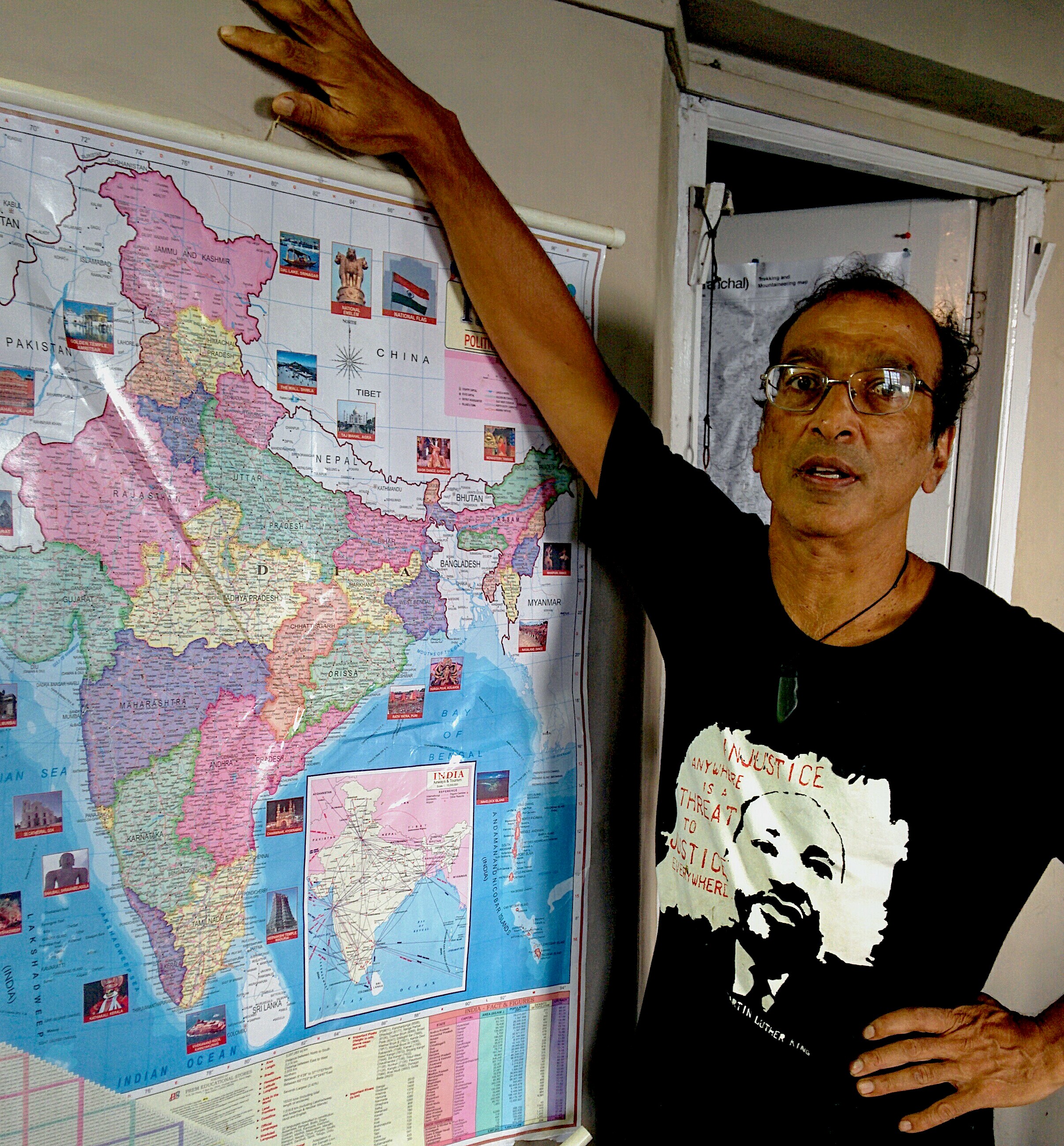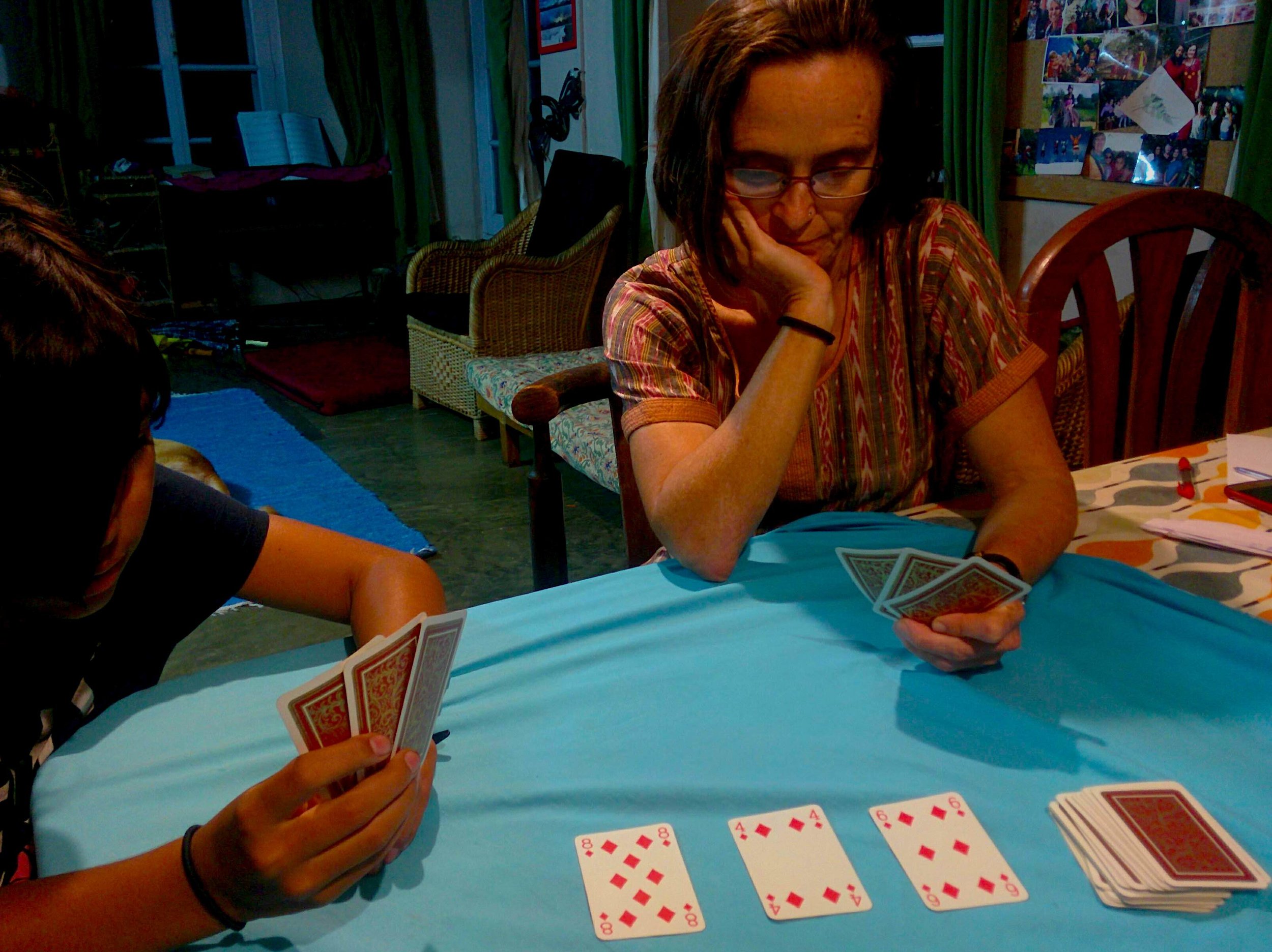In the same issue of the Guardian last week (June 14, 2016) Two mass killings were reported. They were the shooting of more than 50 people at a gay club in Orlando, Florida and the scientific confirmation that a tiny rodent- the bramble cay melomys, is extinct almost certainly due climate change. Have a look:
You probably heard about Orlando,-front page news for days, it loosed Barak Obama's eloquent rhetoric and laying of flowers and wreaths all over the world. I'll guess you did not register the melomys' extinction. I found it buried deeply amidst news of Euro soccer, Britain's (possible) exit from the EU and Donald Trumps latest excesses. It got no reported political attention. We respond quickly, almost as if pre-programmed, to even distant violence but struggle to recognise or respond to climate change, though its all around us, caused by us and affects us all. I wonder why.
Try this idea: could a significant marker of development be the way a population captures information about itself with respect to its context and its ability to change its behaviour adaptively in response. Usually development applies that to a selected population: indigenous people in North-East Cambodia, street kids in certain suburbs of Belo Horizonte, Brazil, people with mental health disability and their families in Deheradun, India, whatever. Development organisations try to get people to relate in different ways among themselves, behave more appropriately to those around them and find, use and distribute resources better. Lets use those two illustrations to look at all seven messy billion of us and our development trajectory, also based on how we behave towards each other, distribute and conserve resources and change our behaviour based on what the planet throws back at us.
Which of the mass killings is more important, which one got more air time , which might significantly change the way we organise ourselves with respect to each other and the planet that supports us? Is the first (known) extinction of a fellow mammal, collateral damage of climate change, significant for the human development trajectory? More or less significant than the deliberate killing of 50 people by a psychiatrically unwell man in USA? What makes humans change behaviour? Of all the information the world throws at us, how can we capture the 'important' stuff and change behaviour appropriately? Who decides what's important?Today science and computer modelling give humans more, better processed information than ever. Does that lead to better decisions, better ways of organising ourselves? Is information the critical lack in development? If more information doesn't lead to better decisions what does? Could development be about a group of humans better recognising important information and developing their ways to respond? I'm illustrating these ideas at a global, whole-of-humanity scale but they are equally relevant to any other scale. Try applying them to your development work.
Questions, questions, questions...What do you think?










